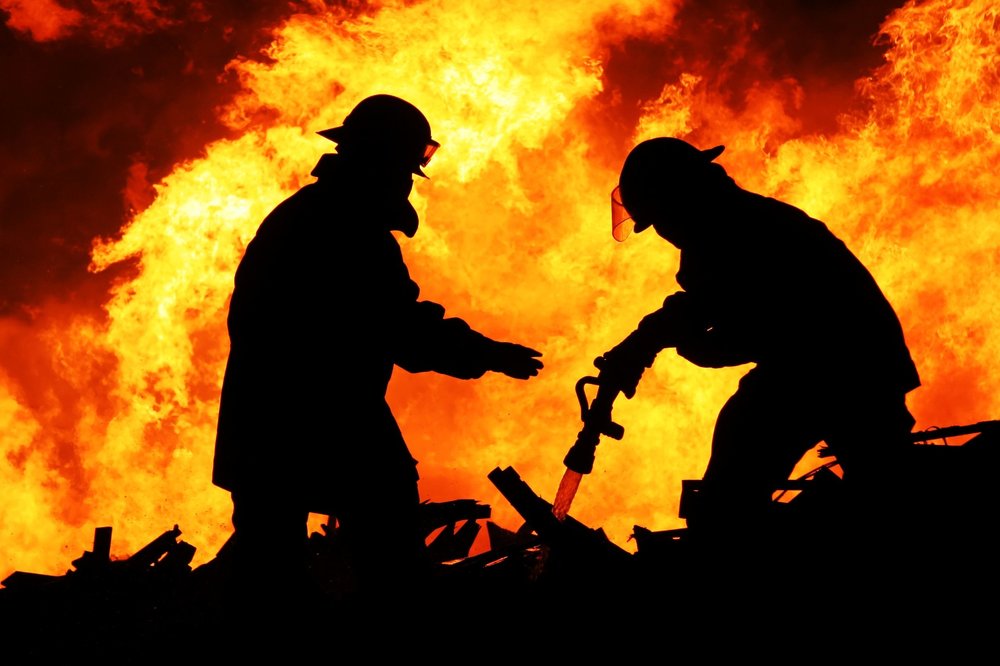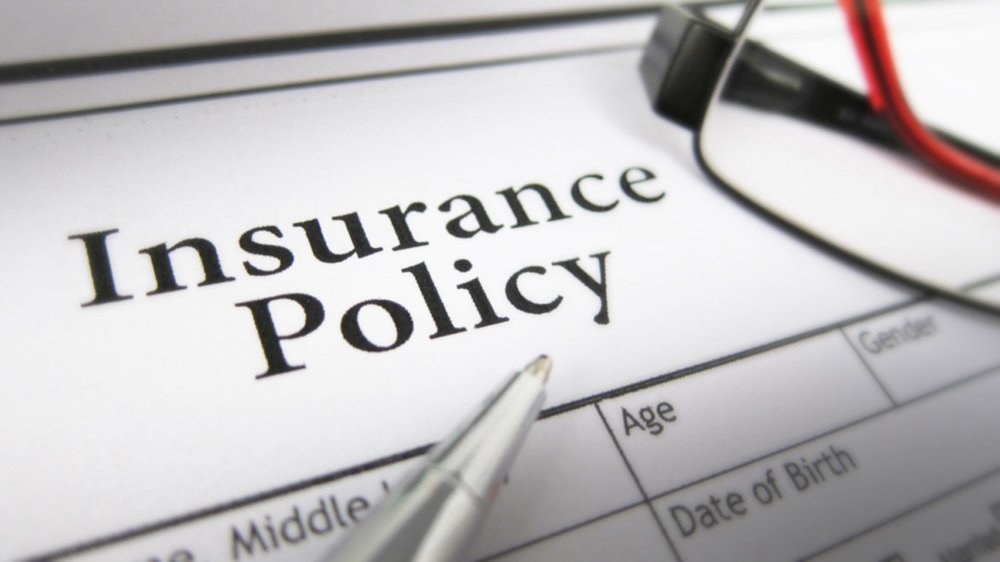According to the founder and CEO of Lionshare Partners, Chris Jackson, a lot of insurers have made consumers’ ability to get adequate insurance for their properties a difficulty. House insurance policies are becoming more complicated and less generous with each passing day.
That has shifted the costs and the risks to the policyholders and away from the insurers. Thus, for those who are bothered about their belongings and their home in its entirety getting damaged by fire and with no insurance, there are some things to take note of.

Insurance policies are gradually changing with higher costs of risks being borne by the policy holders and not the insurers
Limits Of Homeowners’ Insurance
The increasing awareness about fire safety precautions and practices are contributing to a general decline of fire incidences. However, those precautions do not extend to wildfires and these have become more destructive. Reports show that over 80 million acres of land in America in the past eleven years have been destroyed by these wildfires which happen in virtually all the states.
However, even if your area isn’t one susceptible to wildfires, loss of belongings or your home to fire outbreak remains a risk one needs to guide against. The National Fire Protection Association noted that between the year 2011 and 2015, there was a yearly average of about 358,500 house structure fires which made up for 3 out of four of all the structure fires.
The normal insurance policies for homeowners do not include insurance against fire. There are 3 primary areas that the general insurance cover.
Primary Dwelling: If the primary structure of your home gets damaged by fire, then the insurance policy for homeowners covers that. The structure includes the actual home itself as well as anything attached, such as the garage.
Detached structures: Also, the insurance policy for homeowners also covers structures which are situated on the property even though they are not attached to the home. That includes detached garages and sheds. A lot of policies also account for landscaping.
Personal property: Home belongings such as appliances, furniture, clothing, art pieces and also jewelry come under the protection of insurance policies for homeowners. If any of these get destroyed by fire then you get reimbursed by the policy. However, it is important to know that a lot of policies limit the reimbursement to a certain policy percentage which is most times between 40 and 75 percent. Also, the insurers pay for expenses like meals, hotels and other expenses you had to incur because you couldn’t inhabit your house as a result of the damage.
One pitfall of home insurance is that some insurers provide only actual coverage for cash value. Jackson explained that it is different from replacement coverage in the sense that it considers the depreciation in the determination of the amount you will be reimbursed. He added that the actual cash value, in turn, may not meet up to how much you need to cover replacement, which implies that the policyholder would have to pay more.

Some home insurance policies provide only actual coverage for cash value
Handling Underinsurance
Jackson stated that the greatest asset for a lot of people is the home, and it is, therefore, essential that they are not underinsured. To determine whether or not your home has proper insurance, Jackson proposes asking three vital questions from your insurance company. The first question is to ask if you have sufficient insurance that will help you rebuild your home and also replace all your possessions. The next is to ask if you have sufficient coverage to afford additional living costs and the last is if the insurance for the protection of your assets is sufficient.
Jackson said that the important point here is to ensure that the particular policy you have can offer sufficient coverage. If the answer given to any of the questions is in the negative, then there is a need to either increase your existing coverage or get a special insurance policy against fire incidence.

It is important to determine if your policy is capable of offering sufficient coverage
Homeowners in High-risk Areas
It is true that a lot of homeowners already have adequate protection by their existing insurance policies in case of a fire outbreak. However, it is not particularly the case for people who are residents of areas that are highly susceptible to wildfires.
Jackson mentioned that premiums are increasing for homeowners in such high-risk areas and in fact, there are insurers who are not renewing the policies for people residing in such areas. He added that the insurer might lay down a requirement that you effect a couple of changes to your house exterior and also the surrounding property in a case where the house is in an area susceptible to wildfire. There are, however, insurance companies that also give discounts where the party has taken necessary steps for the prevention of damage to the home. Such steps include installation of fire-resistant roofing.
